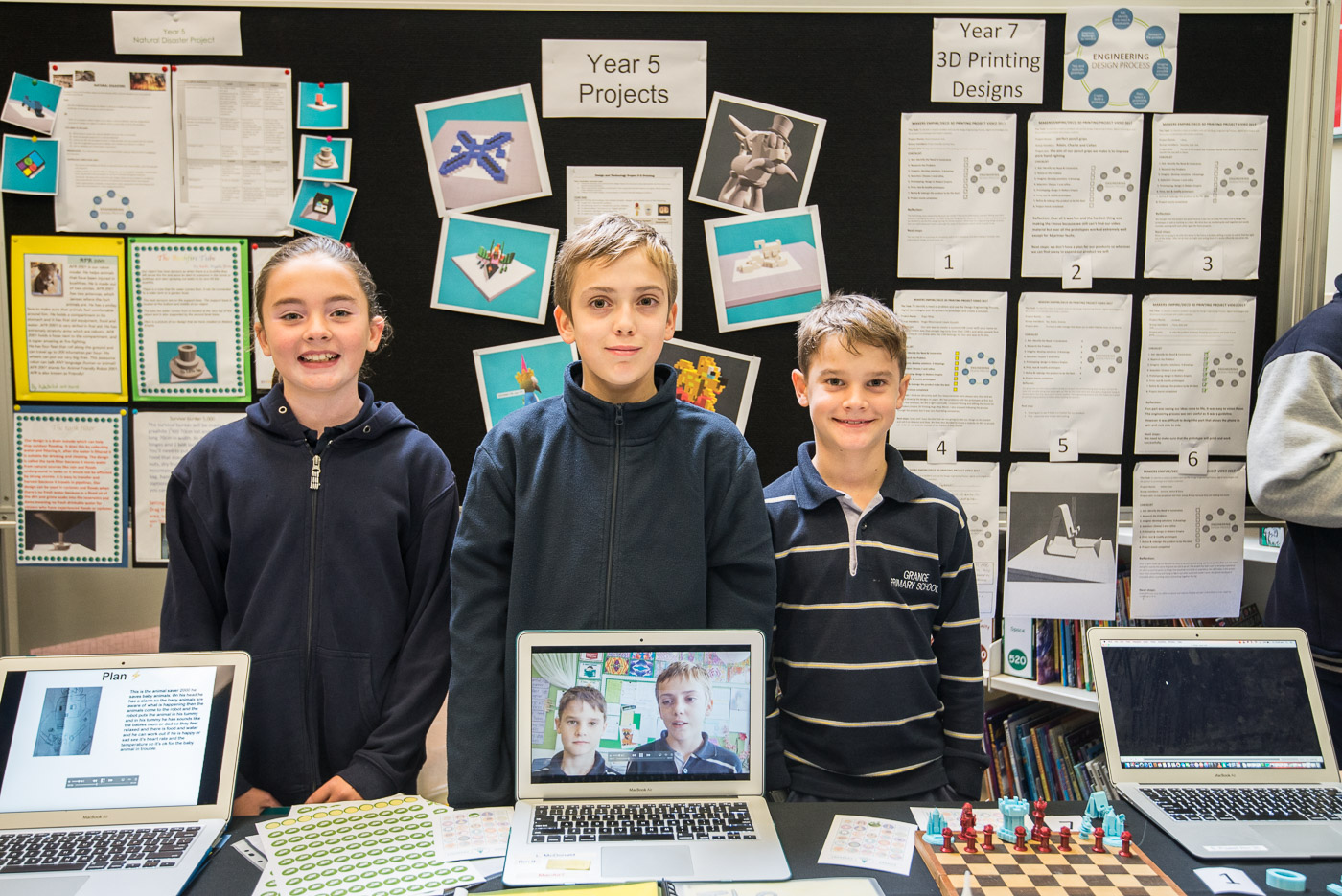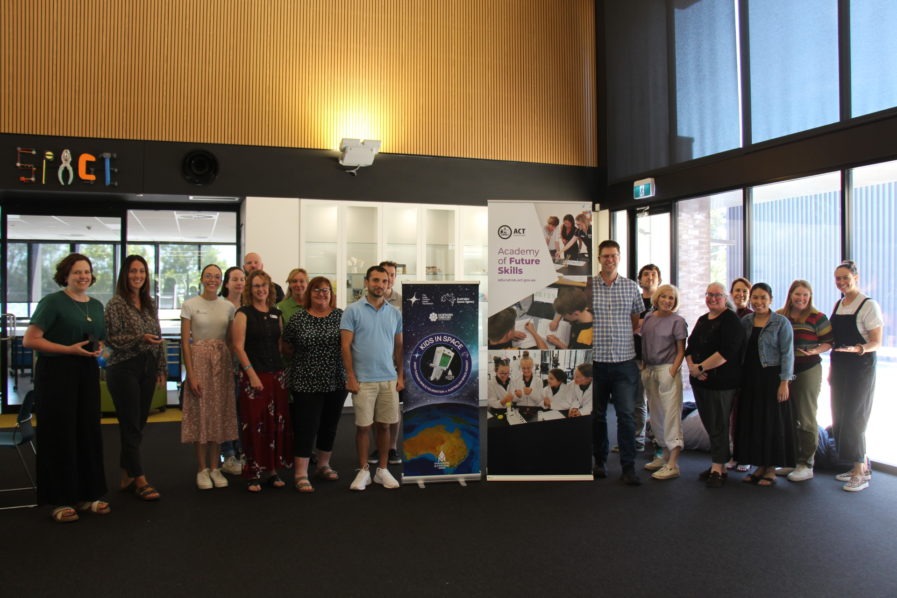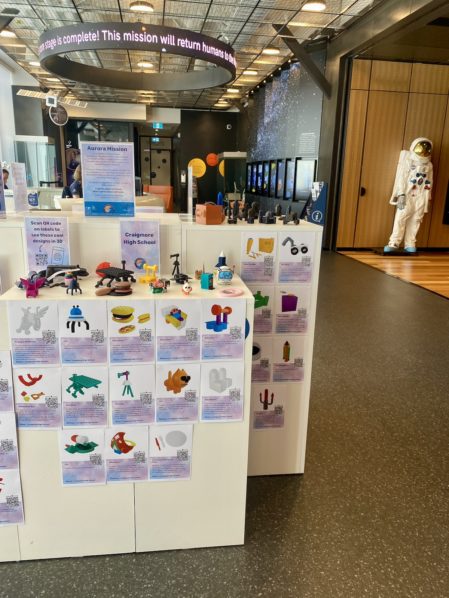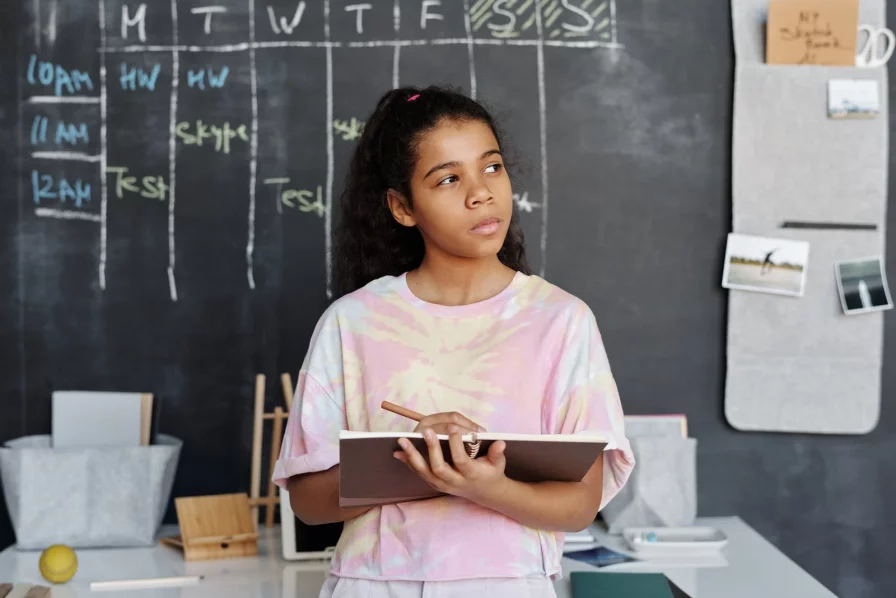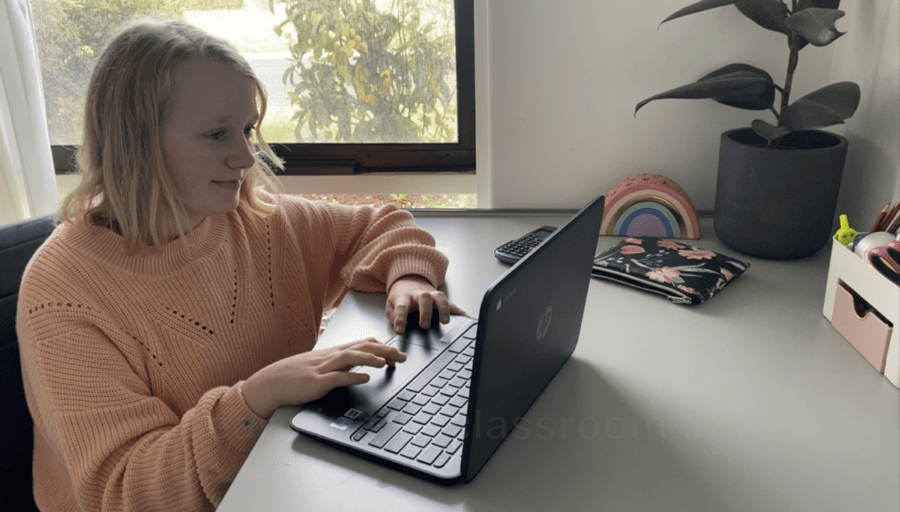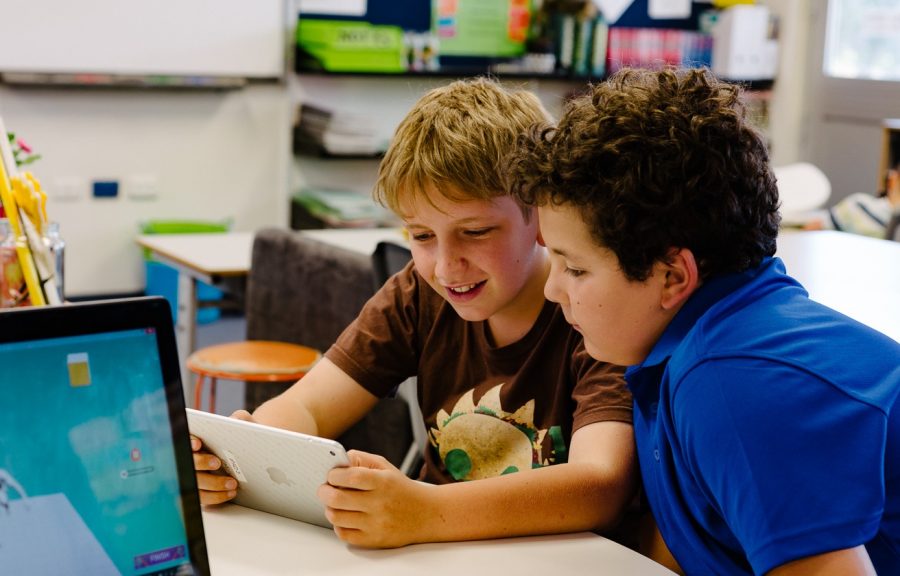This series of six blog posts unpacks each of Gardner’s elements of emotional intelligence and look at ways teachers can use Makers Empire to develop these qualities in students. Other posts focus on ways to help students develop self-awareness, self-reflection, empathy, and social skills. This post focuses on helping students develop motivation.
Motivation | Emotional Intelligence
Motivation is the underlying force that drives us to improve and achieve. Motivation gives us the commitment we need to work towards our goals. People with a strong sense of motivation show a sense of optimism and high levels of resilience. Self-motivated people are also ready to act on opportunities that present themselves. Motivation helps us to stay focused on a long-term goal and to remain productive despite the emotions we might be currently experiencing.
There are two main types of motivation:
- Extrinsic motivation refers to actions and tasks performed in order to gain an external reward or avoid a negative consequence. In a classroom context, this means that students are engaging in a behaviour, nor because they enjoy, or want to complete the activity but as a means to obtaining something they value.
- Intrinsic motivation is an internal desire to achieve something without tangible external rewards. In a classroom context this means students are engaged in an activity purely because they find it enjoyable or interesting. An intrinsically motivate learner feels rewarded by the task itself.
An extensive 2021 survey of students, teachers and parents by the Department of Education, NSW, found that, ‘Interest and motivation have a powerful effect on cognitive functioning and academic achievement. They are closely related to student effort, forming a key component of intellectual engagement at school.’
5 ways Makers Empire can help students develop motivation
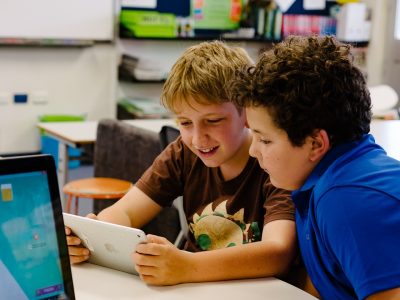
1. Encourges intrinsic motivation
Makers Empire is designed to be intrinsically motivating for students. Students can create elaborate and detailed designs, or accurate models of their inventions. The harder they try, the more satisfied they will feel with their results. Creating cool designs in 3D is something most students want to do, so the motivation to persist and create a great result is inherent in the design activity itself.
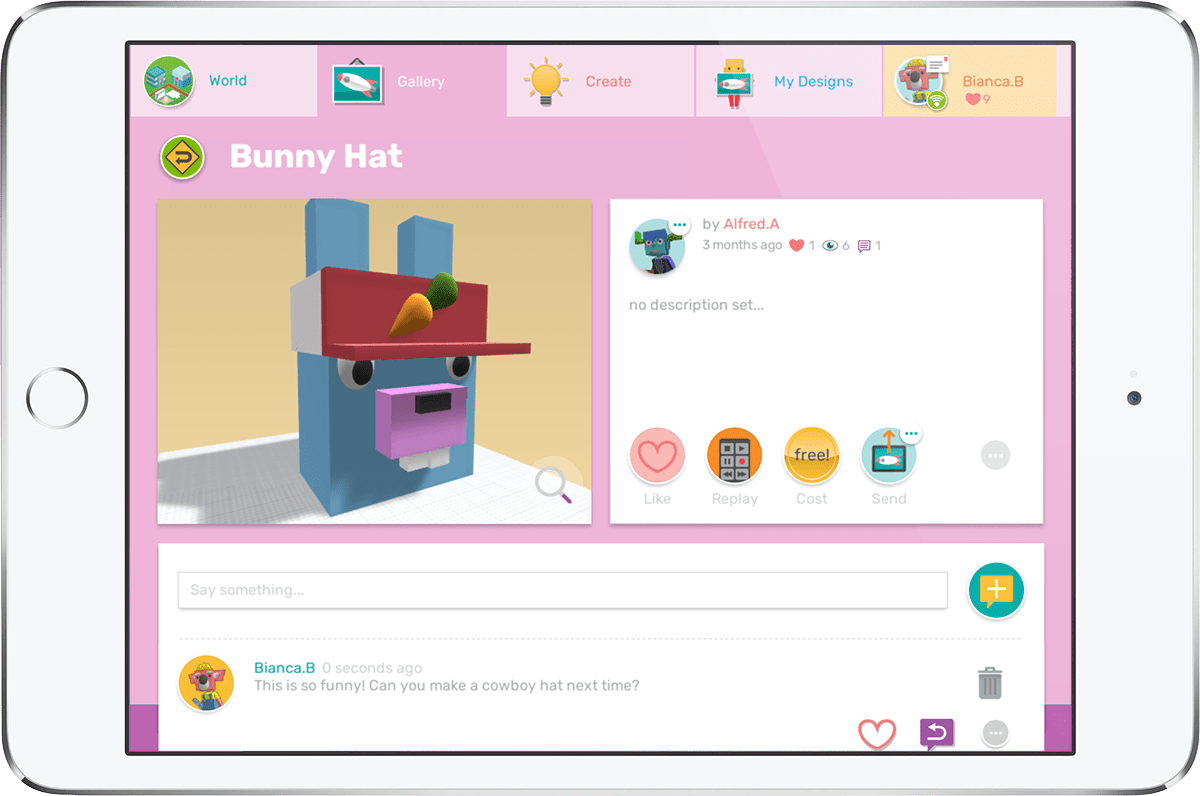
2. Celebrates design
There are lots of great ways that students’ design success is celebrated in Makers Empire. The social elements in Makers Empire allow students to receive likes and feedback about designs. Designs are also featured in our gallery and there’s always the opportunity to enter a competition and have your design featured in the Competition Arena. Knowing that your design will be viewed by others and possibly celebrated, is quite motivating.
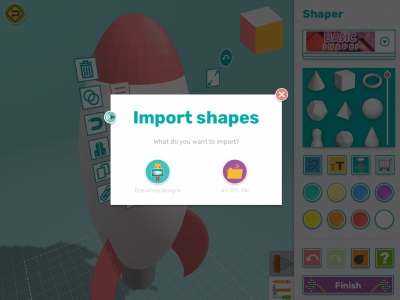
3. Tracks progress
As students create designs in Makers Empire they receive constant feedback through challenges, comments and being able to follow their improved designs and skills by comparing various iterations of their work. The new feature which allows students to import their own designs to make edits and improvements without losing their original designs is a great way of tracking progress. There’s nothing more motivating than seeing the evidence that your hard work is paying off.
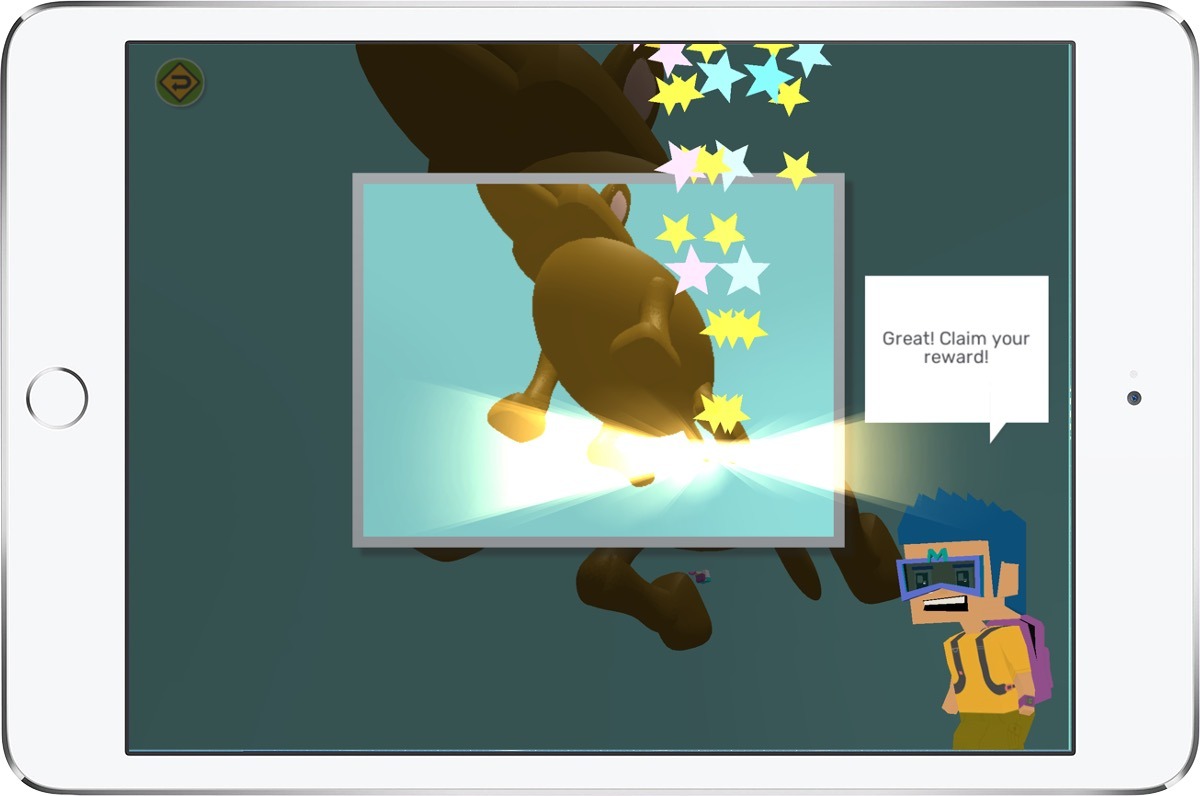
4. Game-based learning
In an ideal world our students will all be intrinsically motivated and complete all tasks for the sheer joy of learning. In the real world, there’s nothing wrong with a little bit of extrinsic motivation and that’s where game-based learning comes in. Students can earn tokens and see their progress and they level-up. Tokens are a much desired in-app currency as they can be used to unlock shapes and acquire cool designs. Teachers can also assign tokens as rewards through the Teacher Dashboard.
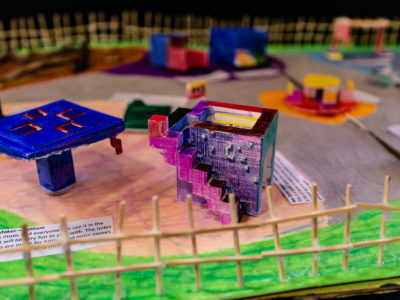
5. Work collaboratively
Working collaboratively can be extremely motivating. When others are relying on you, it helps keep you working towards your contribution. No one likes letting others down and sharing a great end result or learning outcome can be very satisfying. We’ve seen lots of great examples where teachers use Makers Empire to promote collaborative learning. For example, each member of a group might be assigned with designing a particular piece of playground equipment as part of a whole group model.
5 questions teachers can ask to promote motivation

- What new challenge are you trying next? What makes you want to try it and how do you think you will feel when you are successful?
2. What are you trying to achieve? What is your next goal? How do you know when you are getting better at something?
3. What do you see when you visualise your completed design? What are you working hard to achieve and how will you feel when you get there?
4. How are you feeling about your design so far? What are your next steps? What excites you about where your design is heading?
5. Who will enjoy seeing your design? Who will share it with? How will you feel when someone responds to your design in a positive way?

Mandi Dimitriadis
Mandi Dimitriadis, DipT. is the award-winning, highly regarded and passionate Director of Learning at Makers Empire. She is an experienced classroom teacher who recognises the power of technology to enhance teaching and improve educational outcomes. Mandi has extensive experience with curriculum development and learning, having previously developed programs for the Australian Government’s Department of Education, and having created custom curriculum for Makers Empire schools in the USA, China and the UAE. She is passionate about Design Thinking and how best to prepare today’s students for the future.

